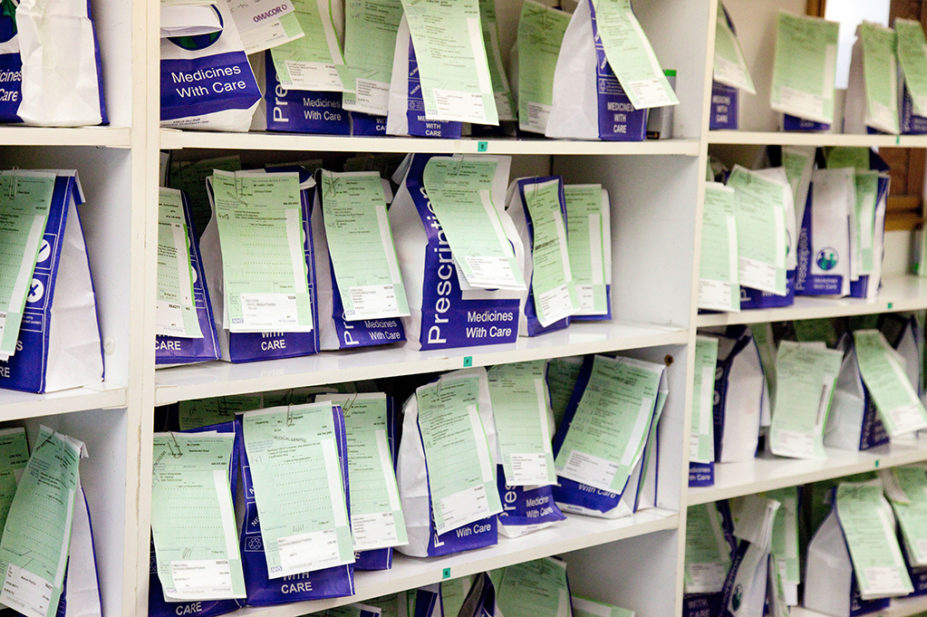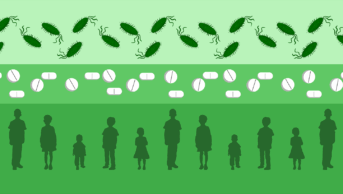
Kumar Sriskandan / Alamy Stock Photo
The number of patients prescribed dependency-forming medicines in 2021/2022 was more than 1.5 times higher in the most deprived areas of England, compared to the least deprived, according to the first report of its kind to be published by the NHS Business Services Authority.
‘Dependency Forming Medicines England 2015/16 to 2021/22‘ — published on 8 September 2022 — was developed in response to the ‘Public Health England (PHE) dependence and withdrawal associated with some prescribed medicines review‘, published in 2019, particularly its recommendation for data on the prescribing of medicines that can cause dependence.
The report contains prescribing data related to opioids, gabapentinoids, benzodiazepines and ‘Z’ drugs and also contains some analysis on antidepressants.
It highlights that in 2021/2022, 1.80 million patients were prescribed dependency-forming medicines in the most deprived areas in England, 1.66 times more than the 1.09 million identified patients that were prescribed these medicines in the least deprived areas.
“In general, more people were prescribed dependency forming medicines in more deprived areas in 2021/2022,” the report states.
“This pattern has remained consistent since 2015/2016.”
Overall, the most common group to be prescribed dependency-forming medications in 2021/2022 were female patients aged 55 to 59 years, with 406,000 identified patients, or 5.72% of all patients. The next most common groups were female patients aged 70 to 74 years, with 404,000 patients, or 5.9% of identified patients, and female patients 60 to 64 years, with 397,000 or 5.59% of patients.
The data collated also highlight a considerable decrease in the cost of these medicines during the reporting period. In 2021/2022, 67,661,528 dependency-forming medicines were prescribed in England at a cost of £405m, compared to 2015/2016 where 67,748,838 items were prescribed at a cost of £779m.
Opioids were the most prescribed dependency-forming medications in England in 2021/2022 with 39.6 million items prescribed at a cost of £307m; however, the total cost of opioid drugs was shown to have decreased by 26.7% since 2015/2016 from £419m.


